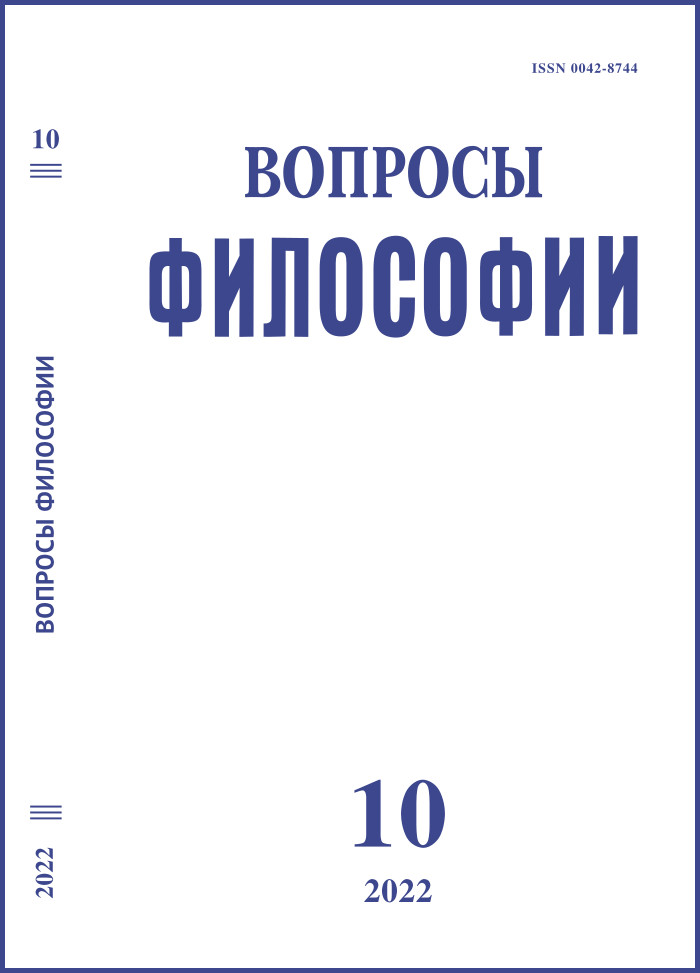Computer Games – Are They New Technologies of the Humanities?
DOI:
https://doi.org/10.21146/0042-8744-2022-10-154-165Keywords:
computer games, digital reality, digital culture, humanities, humanities technologies.Abstract
The article expresses a hypothesis about the possibility of using computer games as a tool for the social and human sciences (in particular, philosophical ones), which in the modern world are increasingly dealing with phenomena, practices and communicative acts caused by digital reality. Possible directions of such use are considered. For a long time, the humanities did not have the developed technical infrastructure that the technical sciences had. As if without needing it, they mostly relied on a unique and inimitable experience, which, in principle, cannot be technicalized and modeled, but rather must be experienced, described, interpreted. But today, the social and humanitarian reality is largely dictated by digital and the transformations it is carrying out. Our life is largely open to new types of interaction, new types of objects, new subjective states, the reality of which is not conceivable outside of digital. Moreover, the numeric associated with control, order, and transparency introduces a significant amount of uncertainty into social reality. In this sense, the boundary between the unique and ordinary, conceivable experiment and the field of social interaction is blurred. We are increasingly open to uncertain scenarios. In such a situation, the humanities simply need tools to explore possible worlds, rare and unique states and events that at any moment can not only be embodied in everyday life, but also determine its key meanings and values. Computer games allow you to connect a huge number of users and use their intuition and creativity in designing and living in possible worlds.
Downloads
Published
Versions
- 2025-02-07 (2)
- 2022-10-31 (1)

